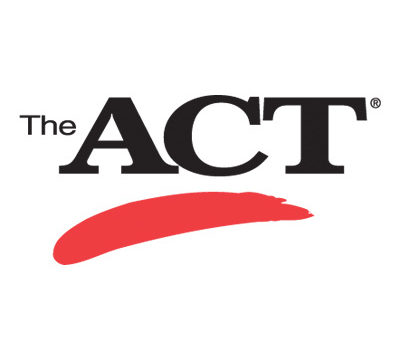
It was good news to hear that for the fourth year in a row the number of students earning a college-going score of 18 on the ACT test has increased. At the same time the state’s average ACT also rose to 19.5 – the highest it’s been since the state started requiring all high school students began taking the ACT. While we still have a long way to go, these latest results are encouraging and come on the heels of other improvements that indicate Louisiana is indeed on the right path toward raising student achievement levels across the state.
It’s also significant that the improvements cut across all socio-economic groups. The gains for economically disadvantaged students accelerated at a greater pace than the state as a whole. Their ACT average is now 18.1. At the other end of the spectrum, the number of students who are ACT-eligible for TOPS awards increased, too, up more than 20,000 students since 2012.
While all of these are positive developments, we also have to be honest with ourselves – there’s still much more to do. Our state average of 19.5 on the ACT is still well behind the national average of 21. A point-and-a-half difference on the ACT is significant. In addition, high percentages of our students still do not meet the ACT benchmarks for college success in English, math or science.
But by all indications, we are making progress and that can be seen in a number of indicators:
- Louisiana fourth-grade students achieved the highest growth among all states on the national 2015 NAEP reading test and the second highest growth in math.
- In 2013, Louisiana’s low-income fourth-grade readers trailed low-income students nationwide in reading at proficient levels by five percent. That gap has since been erased.
- Since 2012, the number of African American students achieving a college-going ACT score of 18 has increased by more than 40 percent.
- Louisiana’s 2015 high school graduation rate was an all-time high of 77.5 percent. African American students led the state in 2015, increasing graduation levels by 3.5 percentage points.
- Advanced Placement results in 2015 showed Louisiana’s annual improvement was better than any state other than Massachusetts and the number of African American students earning credits since 2012 has increased by 160 percent.
These are positive results and they’re not happening by accident. They’re the result of concerted efforts to develop and implement meaningful policy reforms that have an impact on student lives. This includes not only a robust accountability system that measures student progress, but also higher academic standards, assessments that really show us how our kids are performing, and more school choice options for parents.
At the same time it should be noted that there are groups that have worked against all of these things. Indeed, even during this year’s legislative session there were more than two dozen bills aimed directly at dismantling many of the policies that are working. While they were not successful, the threats have not gone away and the battles to protect our most successful reforms continue.
That’s why it’s important for the public to see the data. It’s easy to get caught up in all the rhetoric and lose sight of what’s really going on in our classrooms. The controversy over higher academic standards is a case in point. Judging by all of the noise that was made, one would have thought the end of the world was upon us. But what’s happened since we raised those standards? Louisiana’s student performance on national measures is higher than it’s ever been. We’re not where we need to be, but our trajectory is headed in the right direction.
That’s something to think about when you listen to all the debate about education policies in our state. There’s a status quo crowd out there and all they want is to be left alone. Fortunately, they haven’t prevailed – and our children, and our state, are better off because of that.
